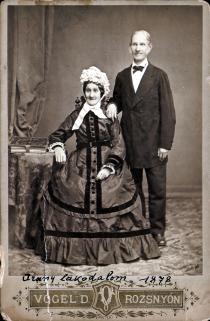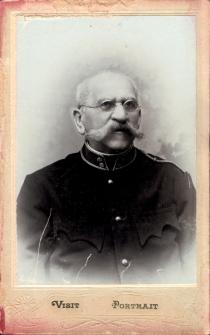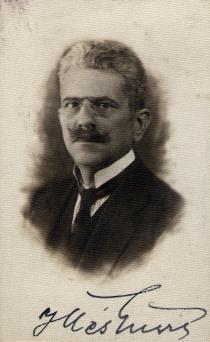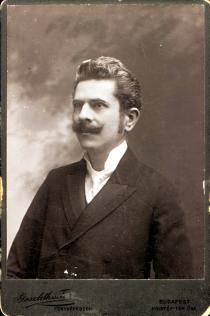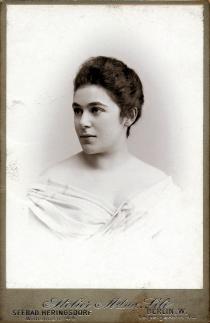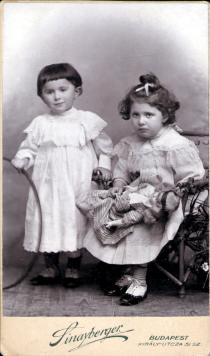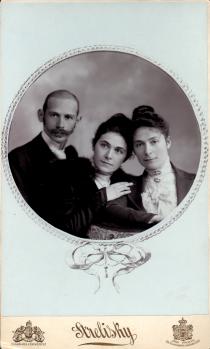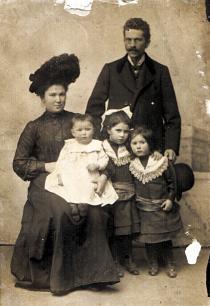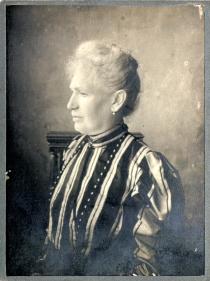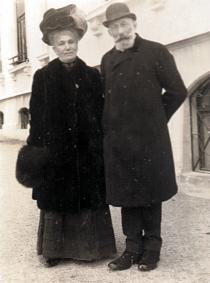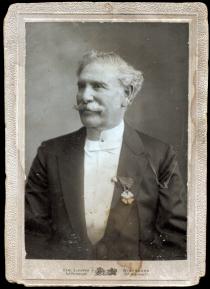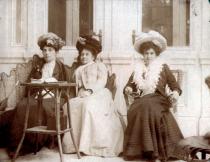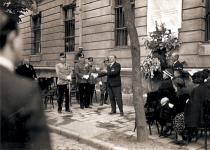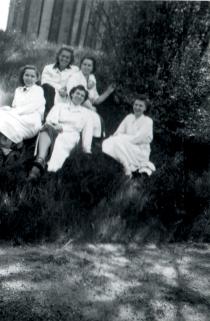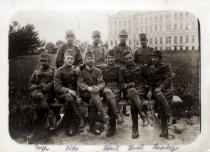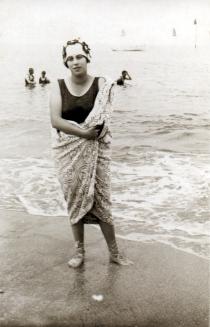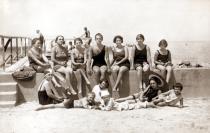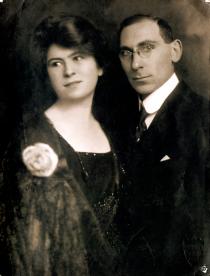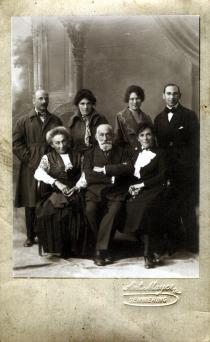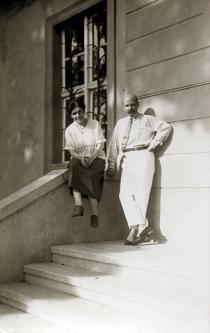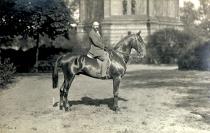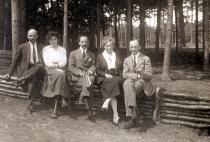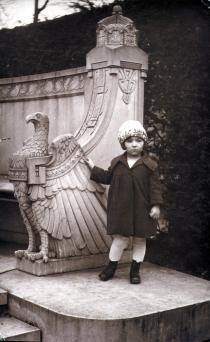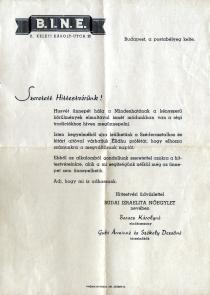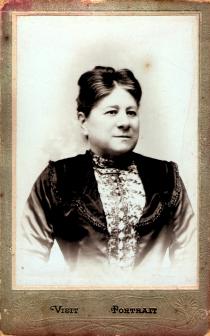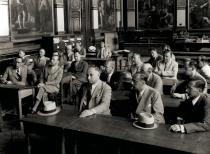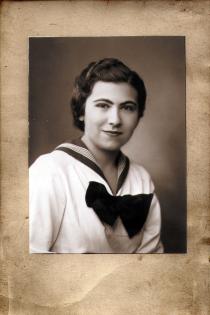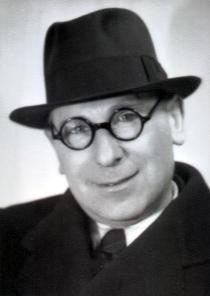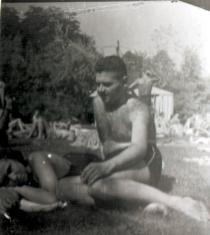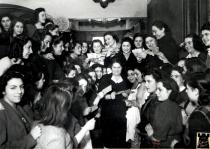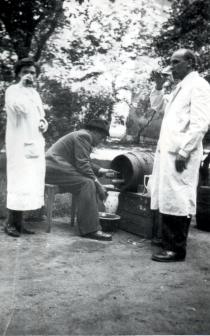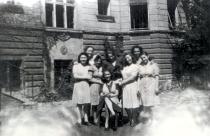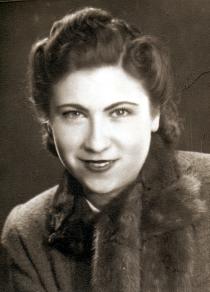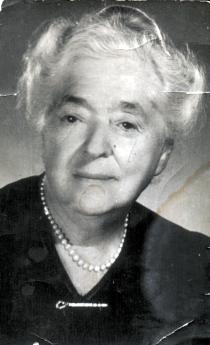This my graduation photo. I attended the Baar-Madas Calvinist Secondary School. It was the best school. There were thirteen Jews in my class. I was the only one who survived the war.
I adored my religion teacher, and I also visited her privately just because I felt like it. There was also a Jewish school literary and debating society at 49 Zsigmond Street. Miklos Szabolcsi [one of the greatest literary historians of the second half of the 20th century, whose expertise was in the poetry of the first half of the 20th century]was also a member. I was incredibly enthusiastic about that society, there were readings held there, and we also danced, Jews dancing together. It was wonderful.
There were already anti-Jewish laws in place when I passed my Matura exam. My father would have wanted me to have a diplomatic career, for I had a talent with languages. Diplomacy was taught at the Viennese Oriental Academy. That was all very well, but by then it was impossible to go to Vienna, and the Budapest university was inaccessible to me. I still wanted to be a research physician. The president of the Buda Women's Club who was on friendly terms with my mother tried to help me. She asked me to go and see her, and talk about what I should do. I went to see her and she spent a good deal of time with me, making me talk about myself. Then she sent me to Samu Stern, who was the president of the Jewish community. And he had a high position in one of the large banks, as well.
He called me in to the bank, and phoned the Jewish charity hospital in my presence, more precisely its laboratory, and said, 'there is a young girl here who would be ideal for work in the lab'. He asked them to give me a job. The answer was: 'there's unfortunately no vacancy'. To which he began explaining that it was impossible that they should say no to him, to HIM, if he made a phone call. To which the head surgeon answered, 'all right then let her come'. And so I went to the charity hospital immediately after leaving Samu Stern. When I got there he said that the wife of one of the head surgeons was working in the lab. And added: 'I'm not satisfied with her work. So do come in three times a week, and she will come in three times, too. I will keep the one who does a better job. This is the only vacancy I have.' After a while, the head surgeon said: 'Make sure you can come in every day in the future, you are the one I'm keeping.' This is the way I became a doctor in the charity hospital.

